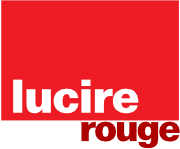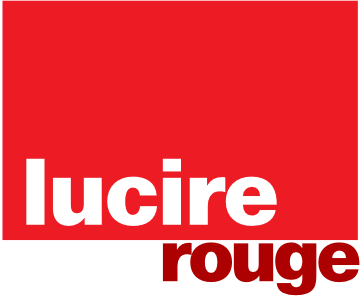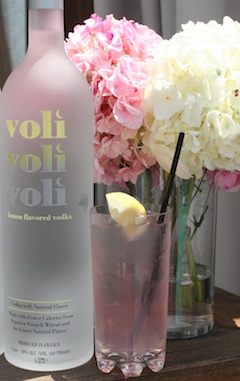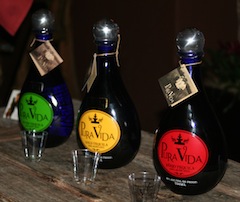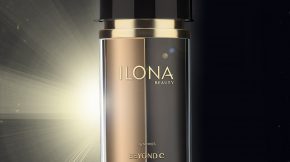Look Good Feel Better: finding beauty in everything we ‘C’
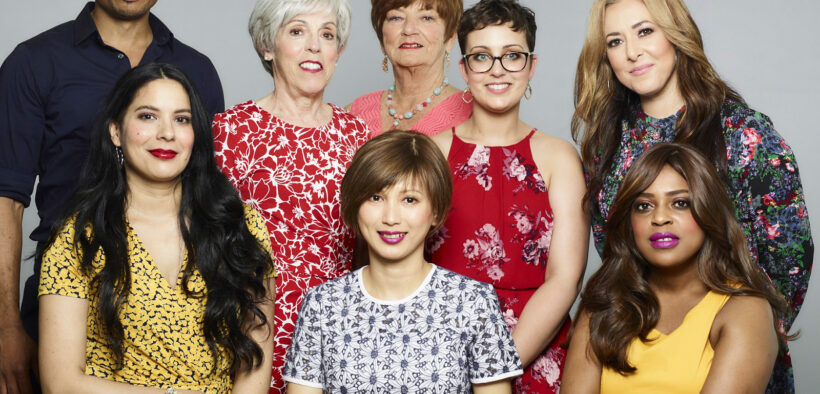
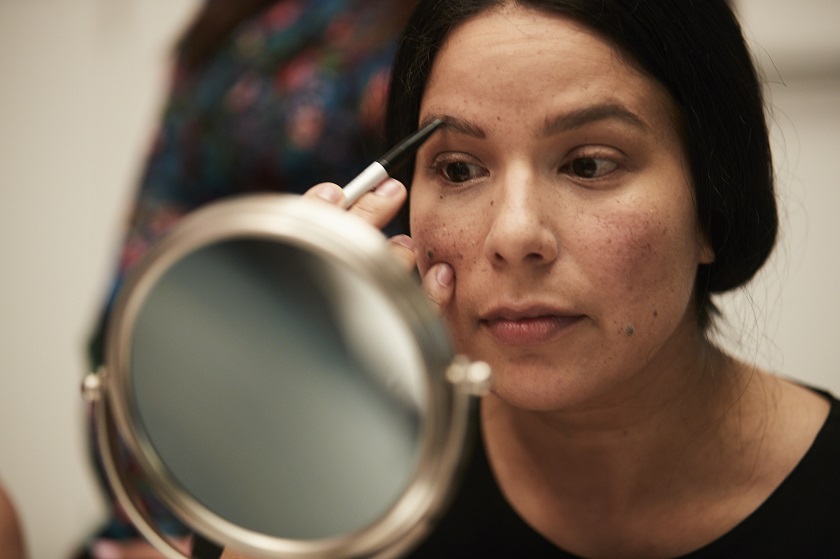
A cancer diagnosis is devastating. After numerous exams, scans, biopsies and X-rays, your doctor voices the ‘C’ word. That is the moment you feel your heart sink and what follows becomes a blur. The course of your life has changed forever. You cannot get up, walk away and be done with it. Your diagnosis is revealed and you must navigate a complex road map sans a pre-programmed GPS to guide you.
While the mind oscillates between rage and despair, the lifestyle challenges mount one atop the other. Financial, job, children, family. The mental, physical and emotional turmoil can strain marriages and personal relationships. The doctors look after the physical, while hospital social workers and counsellors help the more personal issues. But what many are afraid to discuss, especially at the onset of treatment, is the visible effect it will have on personal appearance. Hair loss (including eyebrows) is the most common concern, but with many cancer treatments comes dry, flaky and overly sensitive skin, weak and brittle nails, weight loss, looking tired or gaunt, and feeling like you have lost that youthful glow. These are legitimate concerns and are often shrugged off by family members. ‘Your hair will grow back,’ they say. It’s a well intended sentiment, but does little to bring comfort.
Founded in 1989 by the Personal Care Products Council (formerly called the Cosmetics, Toiletry and Fragrance Association) in cooperation with the American Cancer Society and the Professional Beauty Association, Look Good Feel Better is a free, non-medical programme that assists and supports women, men and teens cope with the emotional and visible hardships of cancer diagnosis and treatment. Participants have access to free, live in-person and virtual workshops on topics ranging from how to wear wigs and turbans, to skin care and make-up that meets the specific needs for those with cancer. In addition, there are: free access to a virtual library of past workshops and resources, a phone app, a complimentary gift bag of name-brand cosmetics, and advice from experts in beauty, fitness, nutrition, yoga and mindfulness via live digital workshops and streaming videos. To date, LGFB has assisted more than two million individuals in 27 countries.
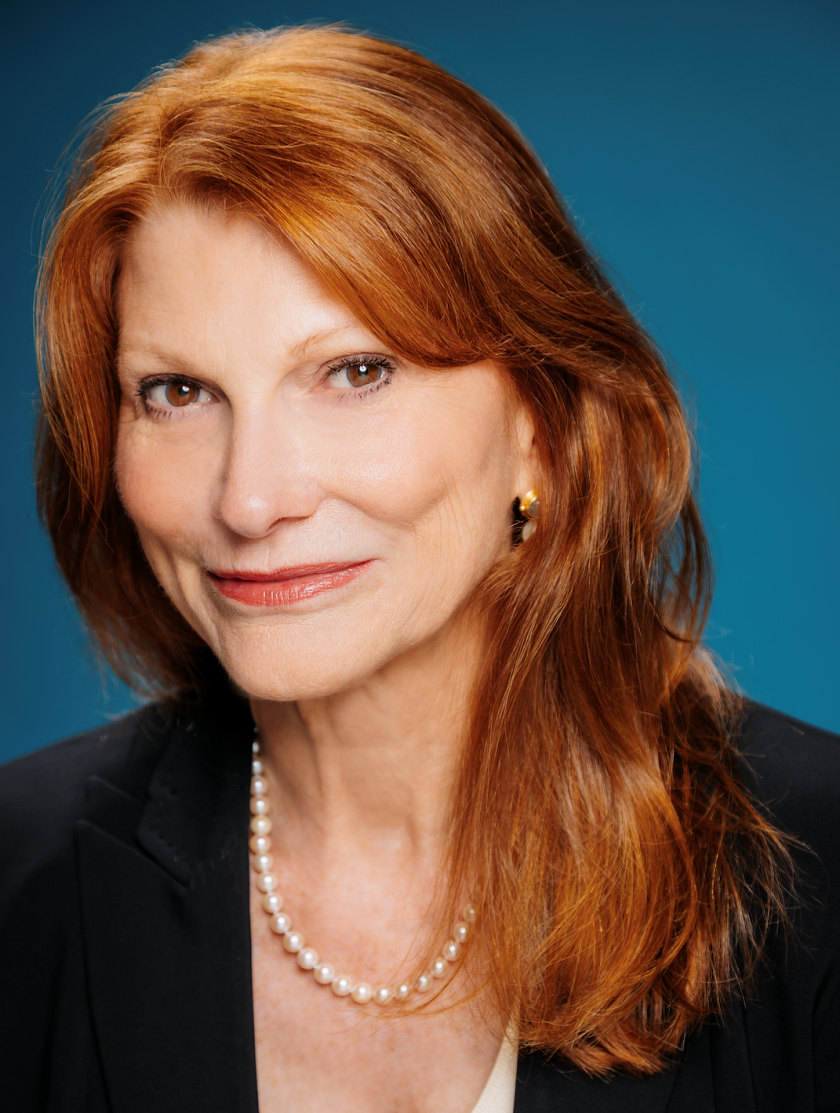
In honour of Breast Cancer Awareness Month, we spoke with Louanne Roark, executive director of Look Good Feel Better for an in-depth conversation on LGFB’s mission, newly launched programmes and how the organization helps women and men all over the world find beauty in themselves through life’s challenges.
Normality in a time of chaos
‘Unlike many other serious or chronic conditions like heart disease and diabetes, people with cancer often cannot hide their illness because of the intrusive nature of cancer treatments,’ notes Louanne Roarke, ‘When treatments result in individuals losing their hair, eyebrows, and eyelashes, or cause dramatic changes in skin, nails, or even body shape, people with cancer can look unwell.’ This impacts not only mood and confidence, but how others treat them, even when it is covert. This sense of appearing sickly or gaunt is not just a figment in the cancer sufferer’s imagination. ‘In our own research, people with cancer report that their family and friends treat them differently because of their appearance during cancer treatment, and this has a direct impact on their self-esteem and outlook,’ observes Roark. The ability to take control of one’s appearance is a way to achieve a sense of normality when life has turned upside down.
People mean well, but …
While family and friends try to offer well meaning advice, they can often miss the mark. ‘It’s only hair, it will grow back,’ is a common attempt to uplift that often misses the mark. ‘They may be trying to help lift spirits by assuming a positive demeanour and finding a silver lining,’ claims Roark. She recommends that loved ones ask questions, listen and acknowledge the turmoil, anxieties, frustrations, and feelings of loss of control that come with a cancer diagnosis. ‘Appearance changes can be one of the first things people think of when they learn about their treatment and possible side effects,’ she notes. Looking our best gives one confidence and cancer can siphon that and supplant it with feelings of inadequacy and atrophied self-worth. Helping patients find hope and support among peers is the core ethos of LGFB. It is essential to have access to a community of people who understand via direct experience the challenges of living with a cancer diagnosis.
Strength in numbers
Being part of a community is the anchor of the LGFB experience. ‘People in cancer treatment often feel isolated and alone—separated from their family and friends who, despite trying, simply cannot understand what it is like to endure a cancer diagnosis and treatment,’ remarks Roark. Gathering with others—even virtually—to discuss non-medical aspects of treatment is not only helpful, it’s liberating. ‘Creating lasting bonds while learning, sharing and growing produces a cathartic experience that cannot be achieved otherwise.’ The bonds and friendships generated last well beyond the cancer itself.
Truth in advertising
LGFB champions inclusiveness in advertising. As media representation has grown exponentially to include those who formerly did not fit the conventional standard, LGFB challenges both participants and onlookers to widen their world view and see the beauty of someone who refuses to feel shame or inadequacy because of a medical condition. ‘Look Good Feel Better participants leave our workshops with a radiance that any advertiser would want to capture. In fact, many of our PSAs have captured the power, dignity, and beauty of real people in the midst of their cancer battle—campaigns that we still use today,’ affirms Roark.
A virtual success
‘When the pandemic made it impractical to host our in-person workshops at hospitals and cancer centres, we were fortunate to have an already-established virtual programme platform to offer patients.’ Roark informs us. Like to so many other organizations, LGFB made a pivot to expand its digital platform. The result is a full calendar of live of virtual seminars, workshops and on-demand streaming videos to address a multitude of relevant subject-matter. This platform has allowed LGFB to fine-tune its programming into specific topics so viewers can choose segments fine-tuned to their needs, such as wigs and turbans, scarf tying, skin care, make-up, nail care, and body image and styling. With most of the segments available in both English and Spanish, an even wider audience can benefit from these tools. ‘In addition, we’ve expanded our on-demand content library on our website and social media so people anywhere can access helpful content they need at any time,’ explains Roark.
Due to the success of this virtual model, LGFB has now expanded their platform to include Feel Better Sessions, a series of 30-minute live-streamed lifestyle and beauty content featuring an array of experts and celebrities. These sessions are intended for anyone who knows someone with cancer, including family friends, medical professional and even business owners. ‘Our goal is to provide informative, uplifting, and useful wellness content focused on the topics of mindfulness, inspiration fitness and nutrition that anyone can enjoy and apply to their everyday routines,’ Roark explains. ‘We’ve had the pleasure of welcoming a few notable names and faces, including beauty experts like Carmindy Bowyer, What Not to Wear star, super model Emme, and celebrity make-up artist Tim Quinn, as well as best selling authors, experts in fitness, sleep, nutrition, and wellness home design.’
LGFB welcomes men and teens
Cancer affects men and women of all ages and walks of life. Being part of a cohesive support network is an integral step to healing and looking forward to a future full of life and promise.
This could not be more true than for today’s teenagers, who are the constant recipients of an onslaught of peer pressure and images of unattainable perfection. ‘Social media has made appearance such an integral part of our lives—for good or bad. So, imagine how someone in cancer treatment—especially a teenager—might be impacted by a dramatic change in appearance,’ Roark points out. Men are not immune either. While the bald look is now considered desirable and masculine, no one wants to look ailing or feeble. There is help and support out there for all.
Look Good Feel Better programmes are provided 100 per cent free of charge to cancer patients everywhere and all programmes are brand-neutral. The programme is a collaboration between the Look Good Feel Better Foundation, the charitable arm of the trade group representing the cosmetics and beauty industry; and the Professional Beauty Association. Funding is received through corporate donations and retail promotions, private giving, and various fundraising activities.
For more information about Look Good Feel Better, to find a workshop or make a donation, please visit
lookgoodfeelbetter.org and lookgoodfeelbetter.org/programs/around-the-world/. Follow them on Facebook and Instagram.
